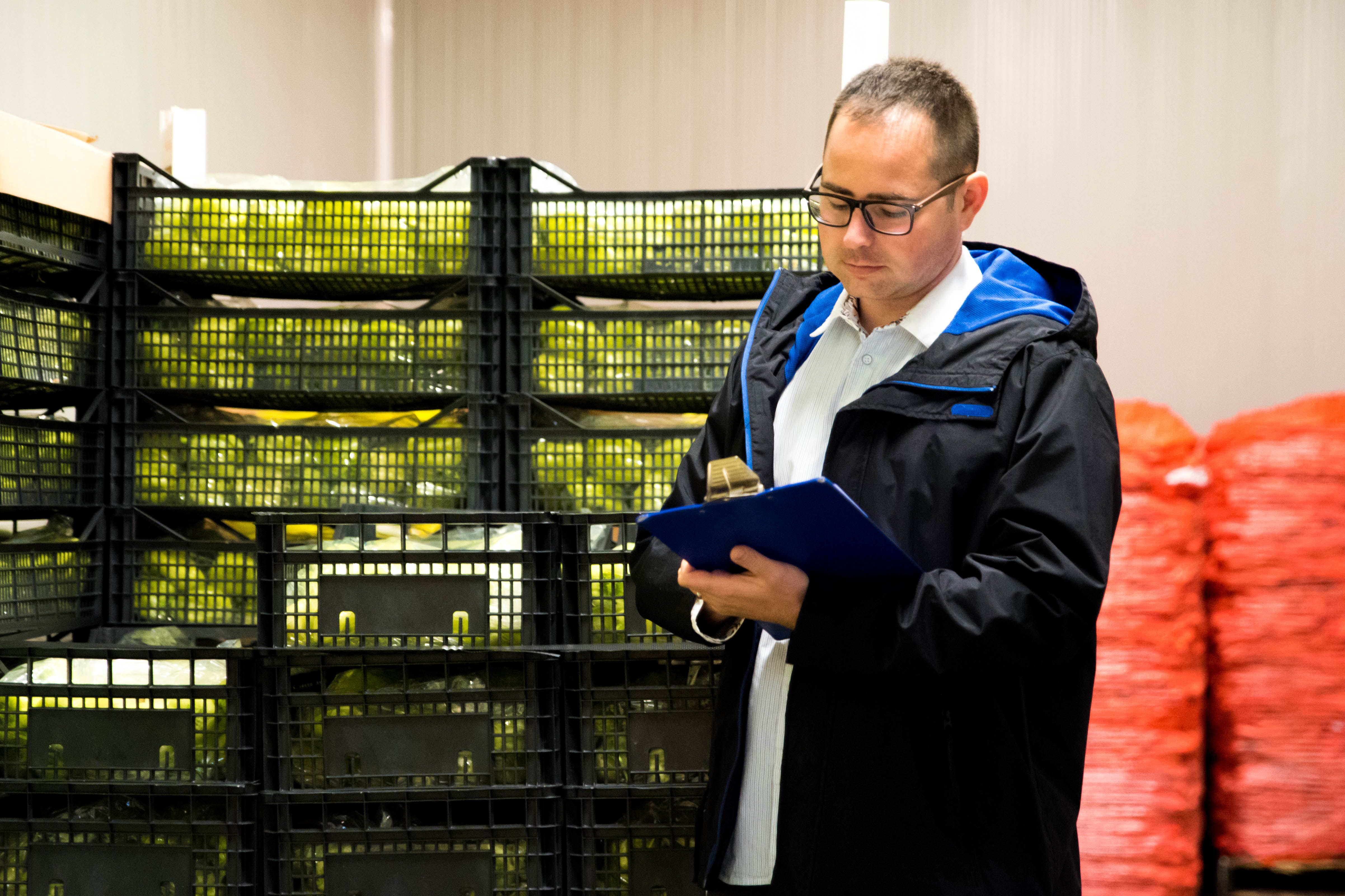Essential Food Safety Training for Restaurant Staff
Understanding the Importance of Food Safety
Food safety is a critical aspect of running a successful restaurant. It ensures that the food served to customers is safe and free from harmful contaminants. Proper food safety training for restaurant staff is essential to prevent foodborne illnesses and maintain a restaurant's reputation. In this post, we will explore the key components of effective food safety training and why it is crucial for every restaurant.

The Basics of Food Safety Training
Food safety training begins with understanding the fundamentals of safe food handling practices. This includes knowledge about proper handwashing techniques, understanding cross-contamination, and maintaining cleanliness in all areas of food preparation. Employees should be trained on how to properly store food, use thermometers to check food temperatures, and recognize the signs of spoiled or unsafe food.
Key Components of a Food Safety Program
An effective food safety program should cover several key areas:
- Personal Hygiene: Employees must maintain high standards of personal cleanliness to prevent contamination.
- Cleaning and Sanitizing: Regular cleaning and sanitizing of kitchen surfaces, utensils, and equipment are crucial.
- Food Storage: Proper storage techniques help prevent spoilage and contamination.
- Temperature Control: Monitoring and maintaining the correct temperature for food storage and cooking is essential.

Implementing a Training Program
To implement an effective training program, management should regularly conduct workshops and refresher courses. These training sessions should be interactive and include practical demonstrations. Providing staff with up-to-date resources and materials will help reinforce their learning. Additionally, having a designated food safety officer can ensure ongoing adherence to safety protocols.
The Role of Management in Food Safety
Management plays a crucial role in fostering a culture of food safety. By setting clear expectations and leading by example, managers can ensure that food safety remains a top priority. Regular audits and inspections should be conducted to identify potential risks and areas for improvement. Management should also encourage open communication, allowing staff to report any concerns without fear of retribution.

Benefits of Comprehensive Food Safety Training
A comprehensive food safety training program offers numerous benefits. It not only protects customers from potential health risks but also enhances the restaurant's reputation. Well-trained staff are more confident in their roles, leading to improved efficiency and customer satisfaction. Moreover, compliance with food safety regulations can prevent costly fines and legal issues.
Continuing Education and Improvement
Food safety standards and regulations are constantly evolving. Therefore, it is essential for restaurant staff to engage in continuing education and stay informed about the latest industry developments. Regularly updating training materials and incorporating new best practices will help ensure that the restaurant remains compliant with current standards.
Conclusion
In conclusion, essential food safety training for restaurant staff is invaluable. It requires commitment from both management and employees to uphold high standards of cleanliness and hygiene. By prioritizing food safety, restaurants can provide a safe dining experience for their customers while protecting their business from potential risks. Investing in comprehensive training programs is a proactive step toward achieving these goals.
Commercial Kitchen Marketplace
Your one-stop online destination for equipping professional kitchens. Discover a wide selection of durable, high-quality commercial-grade appliances, from heavy-duty ovens and refrigeration units to efficient food preparation tools and essential kitchenware. Visit our store: http://avice.org
